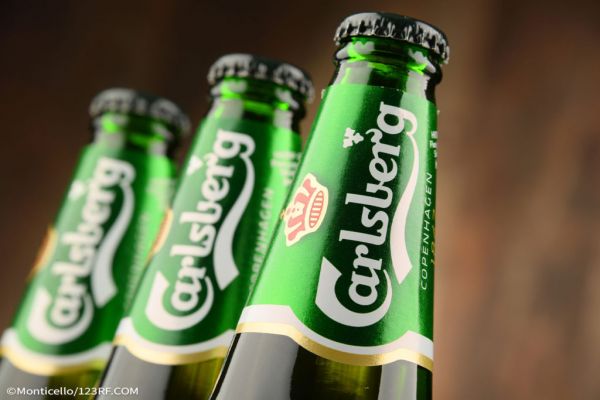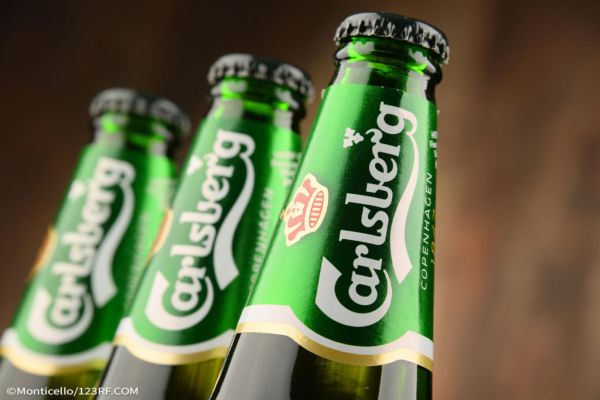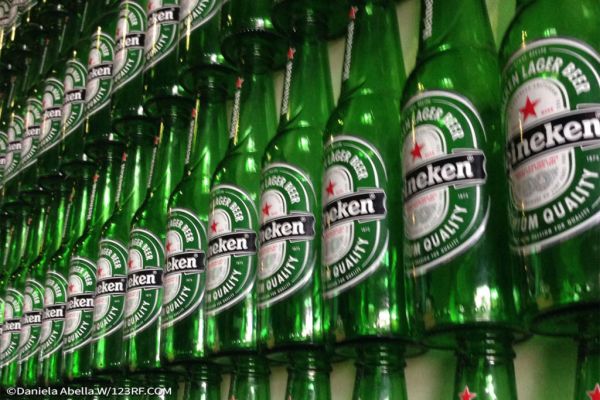Chernogolovka, a Russian soft drinks producer hoping to seize market share as western competitors leave, said a proposed new sugary drinks tax had forced it to scale back investments next year and freeze hiring for 1,000 new jobs.
Details
A parliamentary committee last week gave preliminary approval to budget proposals that would see excise duty levied on drinks with a certain sugar content at seven roubles ($0.1135) per litre from 1 January, 2023.
"The company's investment programme for 2023 will be reduced by five billion roubles, which will lead to the 'freezing' of 1,000 new jobs," Chernogolovka said in a statement late Monday 17 October.
"This decision is due to economic uncertainty created by the introduction of an excise tax on non-alcoholic drinks, which forms the basis of the group's product range," Chernogolovka said.
The company said it was "extremely pessimistic" in its assessment of the soft drinks market for 2023-25, fearing production could fall by 20% from current levels.
"The decision will affect the company's major investment project in the Moscow region, a plant construction project in the Volga region and a production expansion project in Krasnodar region," it said.
Chernogolovka told Reuters in August it was aiming for a 50% share of Russia's nearly $9 billion soft drinks market, as Coca-Cola Co was reducing operations. The company started making Cola Chernogolovka in May.
PepsiCo and Coca-Cola production continued for months after the companies pledged a halt in March after Russia sent tens of thousands of troops into Ukraine.
Legal Dispute
Chernogolovka was also dealt a blow last week when an intellectual property court ruled its "Fantola" brand violated Coca-Cola's "Fanta" trademark, Interfax reported, nullifying an earlier decision by Rospatent, the government's intellectual property agency.
That legal dispute began before the Ukraine crisis.
News by Reuters, edited by Hospitality Ireland. Click subscribe to sign up for the Hospitality Ireland print edition.









